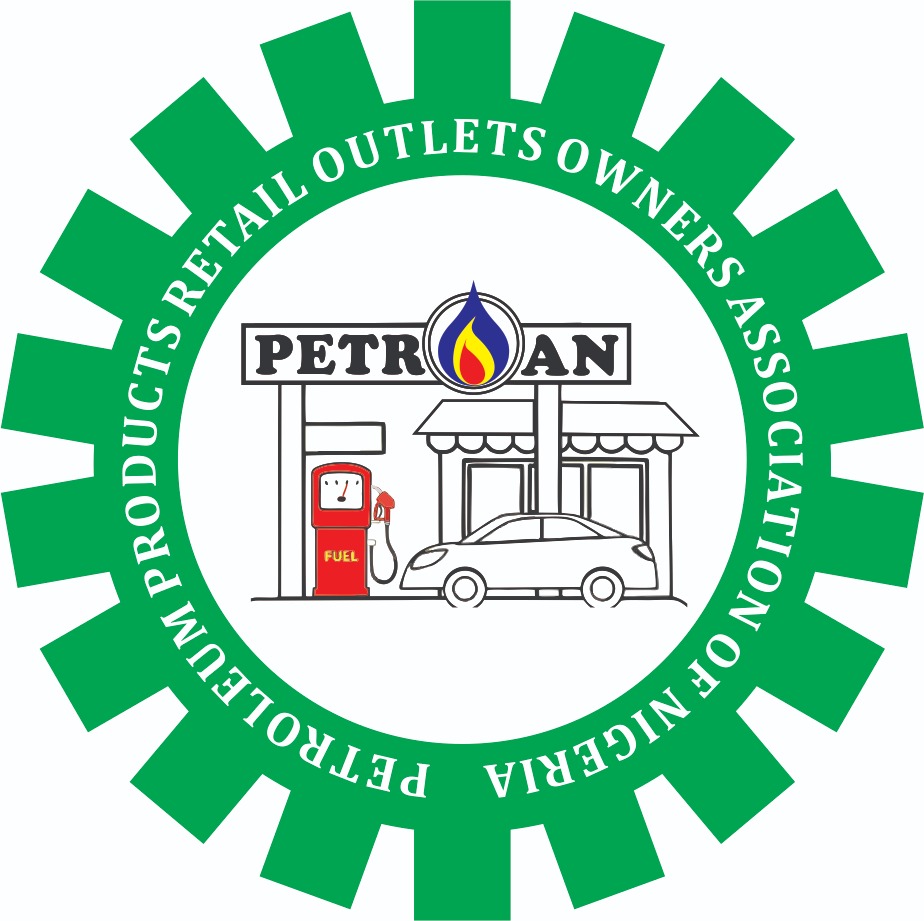PETROAN‘s welcome intervention: Alert on OICs economic sabotage
It will not be out of place to call for kudos to the leadership of the Petroleum Products Retail Outlets Owners Association of Nigeria (PETROAN) for identifying with the federal government in the latter’s efforts to redefine the course of the nation’s oil and gas sector. This consideration is informed by the association’s stand on […]

It will not be out of place to call for kudos to the leadership of the Petroleum Products Retail Outlets Owners Association of Nigeria (PETROAN) for identifying with the federal government in the latter’s efforts to redefine the course of the nation’s oil and gas sector. This consideration is informed by the association’s stand on a rather sensitive issue in the sector, which borders on the delicate balance between the ratios of crude oil for local refining and the export market.
PETROAN’s intervention is its endorsement of the ban by the Nigerian Upstream Petroleum Regulatory Commission (NUPRC) of the diversion of crude allocated to local refineries to the export market by oil producing companies – mostly the IOCs. Whereas the export market yields valuable foreign exchange for oil producers and lures them accordingly, the local refining provides a most needed relief of fuel availability to the Nigerian citizenry and justifies the reason for the government to be in office in the first place.
In a recent television appearance, the national president of PETROAN, Dr Billy Harry, alleged that as much as 500,000 barrels of crude oil from the allocation to local refiners was being diverted daily to the export market by oil producers, being mainly the IOCs in the country, leaving some of the legitimate beneficiaries short of crude to refine. Corroborating the stand of the PETROAN president was a statement issued by the national publicity secretary of the same association, Joseph Obele, which not only decried the practice of diverting crude for local refiners but lamented over the preference for petrodollars from export by [u1] [u2] [MD3] these oil producers to the country’s challenge in respect of energy sufficiency.
In the circumstances, it is no more news that all is not well with the balance between crude oil allocation for export and to local refiners as there exists an unresolved twist in the situation that works to the detriment of local refiners and by implication to the Nigerian citizenry. This practice, which the IOCs are mostly guilty of, is executed by them selling crude to local refineries at a price higher than the official price by the Nigerian National Petroleum Company Limited (NNPCL) by as much as $2.00 to $4.00 per barrel. This act of exclusion by price differential makes it difficult for the local refiners to buy as much as they would have needed.
- Federal Civil Service Commission must address glitches in recruitment process
- Court order stalls Reps’ probe into Miden Systems’ petition against Sterling Bank
Against Nigeria’s experiences with respect to the energy front, the need for fresh perspectives and initiatives to illuminate the terrain and foster a more sustainable future had been pressing for a long time. Considering the country’s experience from a historical angle, the picture features a play-out of avoidable paradoxes, which cumulatively exacerbated the rather disturbing scenario that for decades, the oil-rich nation had depended on imported fuel in spite of having three government-owned but nevertheless largely moribund refineries with respective installed capacities as follows: Port Harcourt, 210,000 bpd, Warri, 150,000 bpd and Kaduna, 150 bpd. Beyond these publicly-owned refineries have sprouted other privately owned, smaller modular petroleum refining facilities with capacities that are to augment the government-owned ones.
Meanwhile, all along, it was an open secret that the stagnation of the country’s energy sector was not spontaneous but contrived by factors and forces that opposed any effort aimed at resolving the impasse. Thus trended the dispensation whereby the country was literally stagnated, waiting for the break of the logjam for a new dawn in the energy front.
Nigeria remained likened to a man who was standing in a fresh water river with soap in his eyes he could not wash off. Hardly was there a more graphic case of paradox than Nigeria’s situation, whereby as a major oil and gas-producing country with its own ample refining capacity, it still depended on imported petroleum products.
That was until when the Dangote Refinery and Petrochemicals Limited came on stream in January 2023 with its humongous capacity of 650,000 bpd, which was enough for the country’s domestic use and a balance for the export market. However, the advent of the Dangote Refinery was to expose a rather insidious dimension of the less than transparent operations in Nigeria’s crude oil market as one that was steeped in sleaze. The issue came to the fore when there were glitches in providing Dangote Refinery with local crude by the NNPCL, given its promise to change the nation’s energy dynamics, which led the former to resort to importing same crude oil from outside the country.
Against the backdrop of the foregoing, the intervention by PETROAN qualifies as a wake-up call on the NUPRC to get its act together and resolve this cog in the wheel of the domestic oil refining capacity of the country. It is on record that since August 2024, the NUPRC had commenced the protocol of reviewing the Domestic Crude Supply Obligations Regulations 2023 as provided for in the Petroleum Industry Act (PIA) 2021. By this provision of the PIA to guarantee the supply of crude to local refiners, the diversion of same to the export market constitutes a violation of the extant law and borders on barefaced economic sabotage of the country.
That is the proper perspective for the NUPRC to adopt in resolving the challenge.
